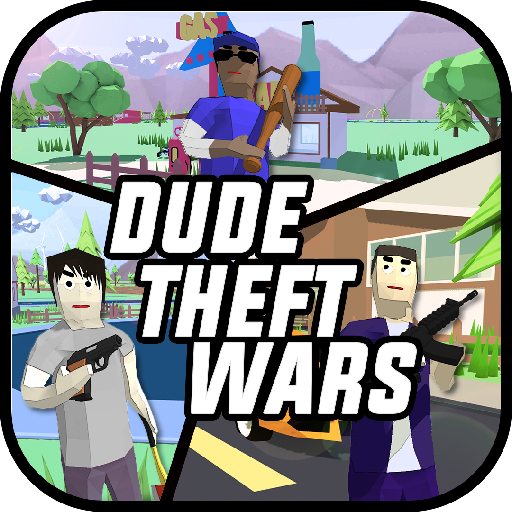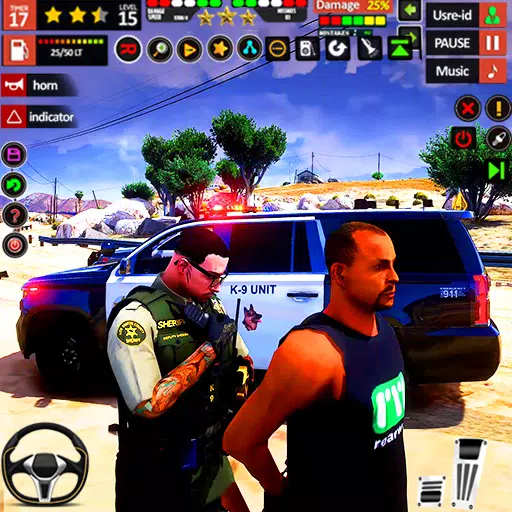Crime and Punishment in Kingdom Come: Deliverance 2: A Comprehensive Guide
Crime in Kingdom Come: Deliverance 2 (KCD2) is far from a minor detail; it significantly impacts how the game world interacts with you. Actions like theft, trespassing, or even assaulting a peasant can lead to severe consequences. This guide details the mechanics of crime and punishment in KCD2.
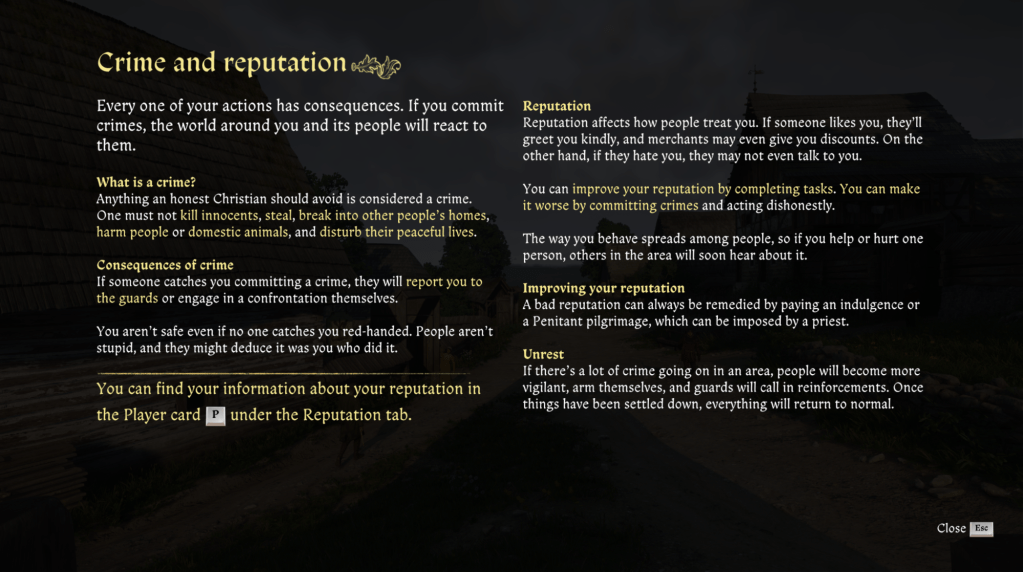
Defining Criminal Acts
Any action disrupting the law-abiding nature of KCD2 is considered a crime. The sequel features improved AI, making NPCs more perceptive to criminal activity. Expect repercussions, whether caught in the act or tracked down later. Crimes include:
- Murder: Killing innocent NPCs.
- Theft: Stealing from homes, shops, or unconscious NPCs.
- Lockpicking: Illegally accessing locked buildings or chests.
- Pickpocketing: Directly stealing from individuals.
- Assault: Attacking civilians or guards.
- Animal Cruelty: Harming domestic animals.
- Trespassing: Entering private property without permission.
- Disrupting Order: Causing disturbances in towns.
Consequences of Apprehension
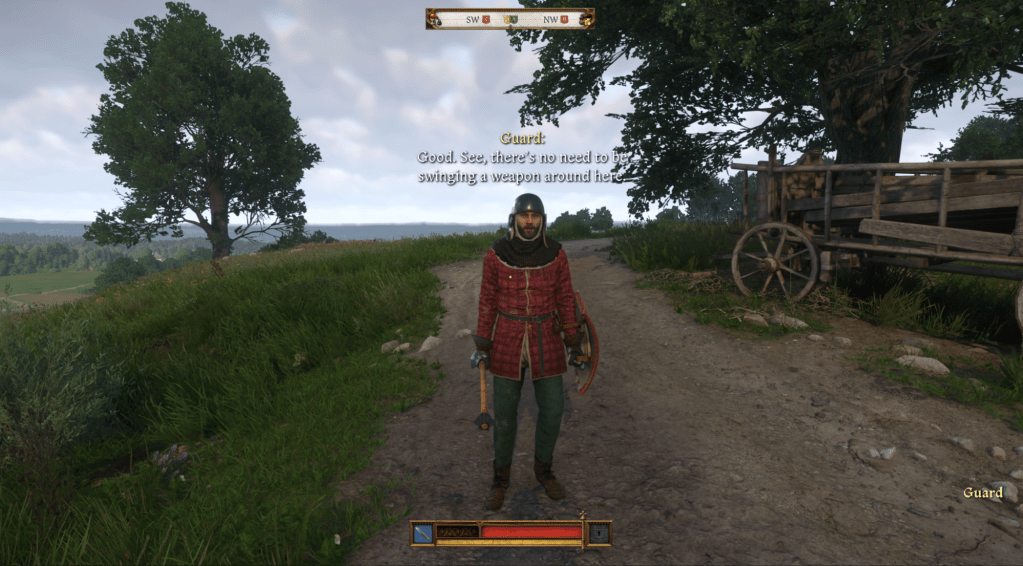
Guards and civilians will report criminal activity, triggering investigations. If caught, your options are:
- Pay a Fine: The cost varies depending on the crime's severity.
- Talk Your Way Out: High Speech or Charisma skills can help avoid punishment, especially for minor offenses.
- Flee: Attempting escape makes you a wanted fugitive. Changing clothes or bribing officials might help evade capture later.
- Accept Punishment: This results in penalties based on the crime committed.
The Spectrum of Punishment
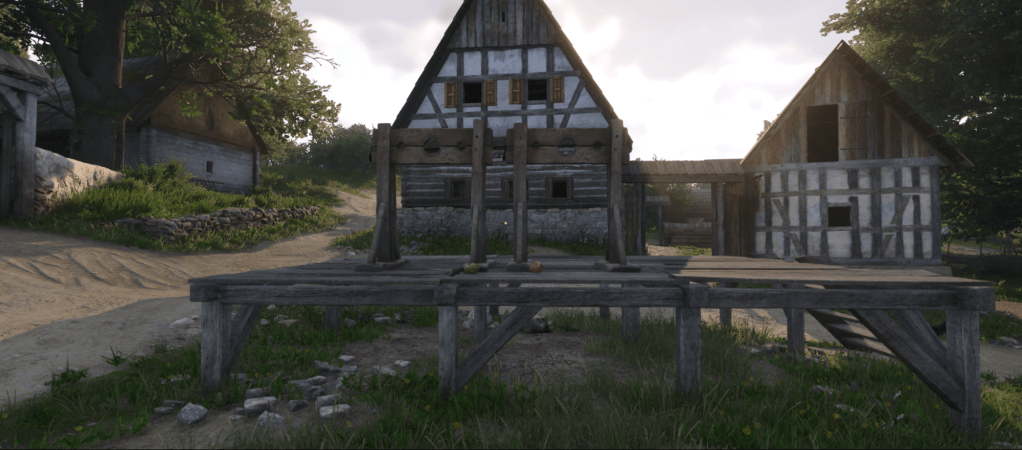
Punishments range from minor inconveniences to game-over scenarios:
- Pillory (Public Humiliation): Short-term confinement for minor offenses, impacting reputation.
- Caning (Physical Punishment): Public beating for mid-level crimes, reducing health and stamina.
- Branding (Permanent Criminal Status): A permanent mark for serious or repeat offenses, affecting NPC interactions and trade.
- Execution (Game Over): The ultimate penalty for severe crimes.
Reputation Management
Reputation isn't just a number; it directly affects how NPCs treat you. Crimes damage your reputation with specific towns and factions. A poor reputation hinders interactions, quests, and trade, while a good reputation unlocks discounts, additional dialogue, and opportunities. To repair your reputation, perform community services, donate to the church, or pay fines.
Avoiding Capture
While the crime system is a game mechanic, careful planning can minimize the risk of arrest. Strategies include:
- Eliminate Witnesses: Ensure no one observes your actions.
- Disguise: Change clothing or use disguises to avoid recognition.
- Nighttime Operations: Commit crimes under the cover of darkness.
- Strategic Sales: Sell stolen goods to fences or black-market dealers away from the crime scene.



